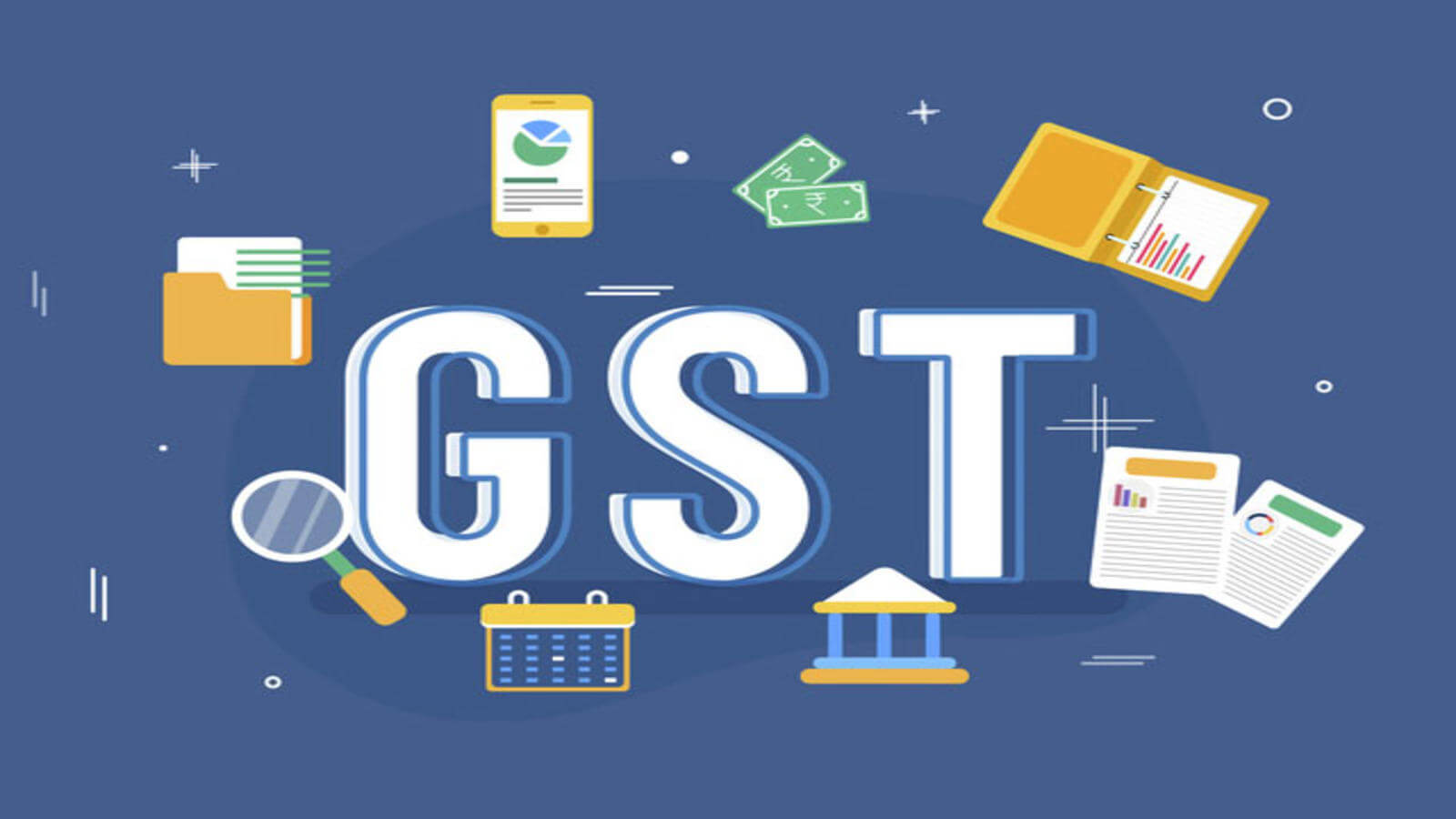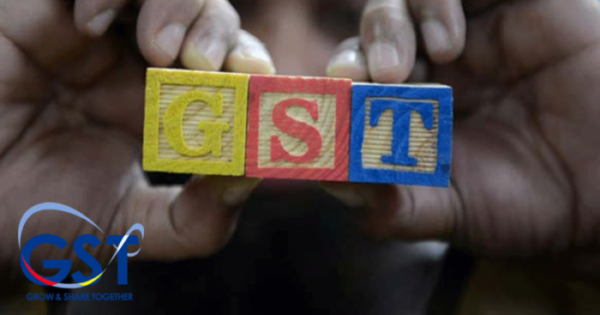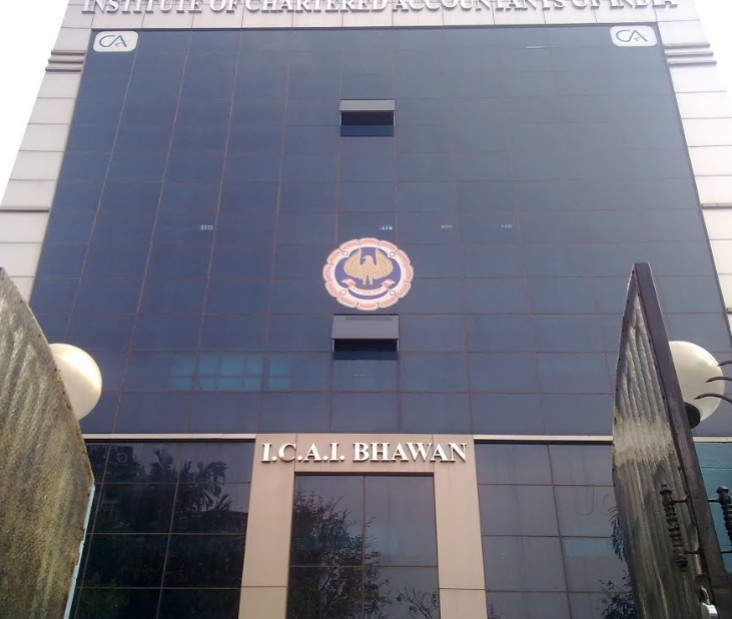The EY GST book recommends policy measures based on four factors– revenue buoyancy, world-class dispute resolution, institutional strengthening, and enhancing the ease of doing business
Inclusion of petroleum products, electricity and real estate within the ambit of Goods and Services Tax (GST) will make Indian manufacturing sector more competitive, according to a book on GST brought out by EY, which gave sector specific suggestions on indirect tax reforms.
The book titled, ‘GST transformation: the road ahead’ was brought out to help make the tax system more simple and responsive to the needs of the businesses and government, EY said in a statement.
The book explores the implementation of reforms to make all facets of GST law and processes more efficient. An efficient GST will help raise productivity and reduce prices for businesses, which coupled with a clear manufacturing strategy could attract global investments, create jobs, and make India a large manufacturing economy by 2025-26, the statement said.
The book is an effort to capture the benefits and challenges of the momentous journey of GST while also incorporating critical feedback and recommendations from all key stakeholders of this tax reform, the statement said quoting Sudhir Kapadia, Partner, Tax & Regulatory Services, EY India.
As this reform completes five years, it is time to look ahead to deliberate and decide on necessary changes required to streamline and rationalize the tax rate structure, availing of input tax credits, and inclusion of the remaining items in GST, the statement said quoting Kapadia.
The EY GST book recommends policy measures based on four factors– revenue buoyancy, world-class dispute resolution, institutional strengthening, and enhancing the ease of doing business.
The book goes into a sectoral impact analysis and suggests inclusion of petroleum products, electricity, and real estate within the ambit of GST to make Indian manufacturing more competitive.
For the automobile sector, as battery constitutes approximately 40% of the cost of electric vehicles (EVs), EY suggested that the GST rate on batteries could be rationalized with a lower rate of 5% instead of 18% to make usage of EVs more affordable and commercially viable, thereby boosting its demand as well as supply.
For the MSMEs, the book suggested making the composition scheme for small businesses more attractive by relaxing conditions to enable them to register under GST.
The rate on mobile handsets and their parts should incentivize mobile handset manufacturing in India with an ideal rate of 5% or at best 12%.
To remove ambiguity around online skill-based gaming, EY suggested inserting a separate service entry titled ‘online skill-based games’ with a rate of 18% applicable only on the platform fees/fees collected for the services provided by the platform operators and not on the prize pool contribution made by the respective users.
***
Don’t miss the next Tax Update / Article / Judicial pronouncement
Subscribe to our newsletter for FREE to stay updated on GST Law
Resolve your GST queries from national level experts on GST free of cost
TW Editorial Team comprises of team of experienced Chartered Accountants and Advocates devoted to spread the knowledge of GST amongst the various stakeholders.



